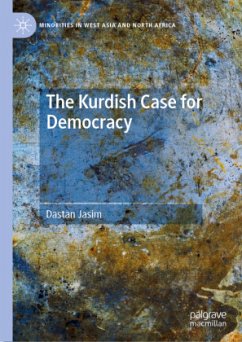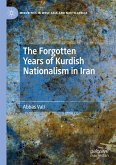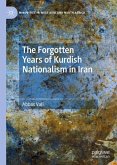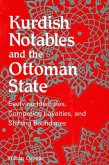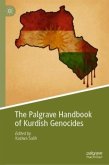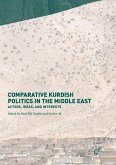This book asks how democratic values and civic culture can take shape without equal rights, and even without a state. Focusing on the Kurdish experience across Iraq, Iran, Syria, and Turkey, it draws on fieldwork, survey research, and historical analysis to explore how people respond to authoritarian rule and long-term statelessness. The first part offers a data-driven look at Kurdish attitudes toward democracy, autonomy, and authority. The second situates these patterns in a broader history of political resistance. Rather than turning to authoritarian or religious extremes, many Kurdish movements have embraced more egalitarian, inclusive models of resistance. The Kurdish Case for Democracy makes the case for bottom-up democratization in the Middle East and challenges the idea that universal values must follow Eurocentric templates. It contributes to wider debates on nationalism, resistance, and the political cultures shaping the region.
Bitte wählen Sie Ihr Anliegen aus.
Rechnungen
Retourenschein anfordern
Bestellstatus
Storno

